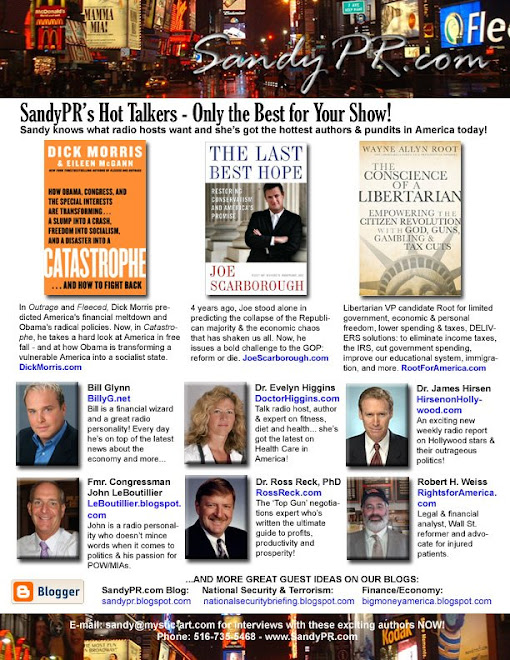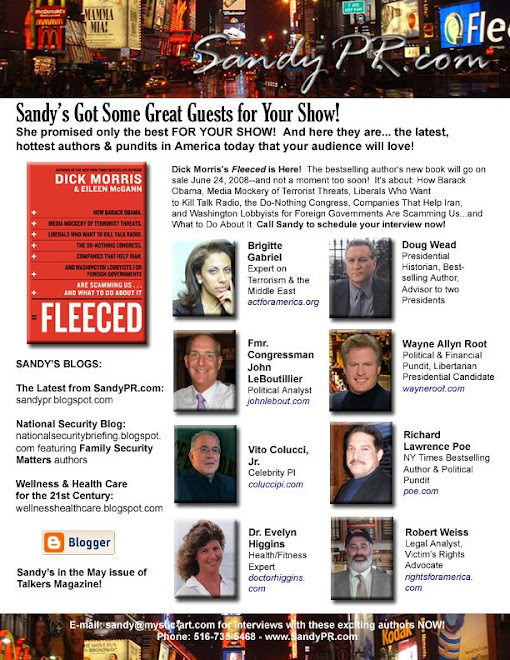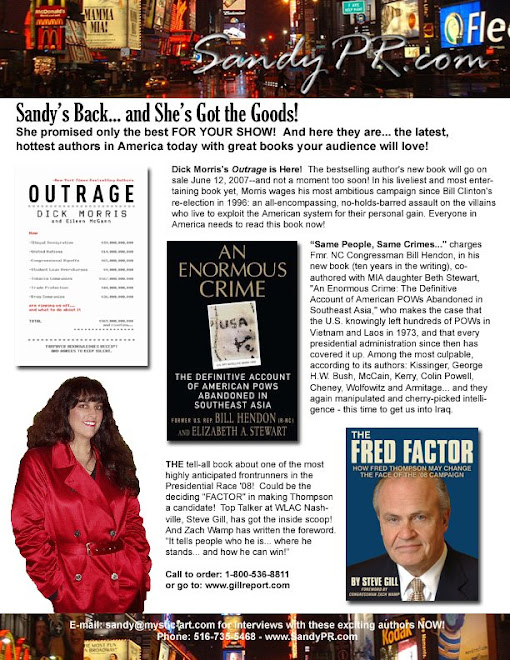Foreword by Michael Novak
Edited By Robert M. Whaples
New Book Examines Pope Francis’s Embrace of Government to Alleviate Poverty, Protect the Environment, and Create a More Caring World
In his 2015 encyclical, Pope Francis called for an open dialogue about poverty and the destiny of what he calls “our common home.” This invitation is the inspiration for the new Independent Institute book, Pope Francis and the Caring Society, edited by Robert M. Whaples. In the deluge of books by and about Pope Francis, we finally have a careful and reliable discussion about many hot topics by renowned experts in religion, history, economics, and related fields. With a foreword by the late Catholic scholar Michael Novak, this book respectfully examines the Pope’s views on poverty, charity and the environment from the intersection of theologians, economists, and environmentalists.
In this book, you’ll learn that:
- Friends of human well-being, market-based enterprise, and civil society have a grand opportunity to address widespread misconceptions about the economy, the environment, and charity, thanks to Pope Francis’s call for a worldwide dialogue on these subjects.
- Allaying Pope Francis’s worries, world poverty is not rising but falling.
- Contrary to Pope Francis’s suggestion that capitalism is “the economy of exclusion,” private charitable giving is strongest when economic freedom and private-property rights are strong.
- Pope Francis links what he calls “the environmental crisis” to the market economy, but most environmental problems result from the “tragedy of the commons” created by governments’ failure to embrace and uphold a key pillar of the market economy that fosters free markets: private-property rights.
- Pope Francis does not merely offer caution regarding potential pitfalls of the market economy as his recent predecessors did - sometimes he rings the alarm.
- As Pope Francis and the Caring Society demonstrates, intellectual dialogue need not be discourteous (or, at the opposite end of the spectrum, fawning).
What does one of the most popular Popes in modern history have to say to us about poverty, the environment, and family issues? Does what he says line up with traditional Christian teachings and the social and economic record?
The book’s editor, Independent Institute Research Fellow and Wake Forest University economics professor Robert M. Whaples, says, “There is a clear need for dialogue between Pope Francis and economists because the Pope and many in the economics profession do not see eye to eye at a fundamental level on many issues.”
This fascinating and informative volume belongs in the hands of anyone interested in creating a better, more caring, and prosperous world. It provides an essential historical and cultural context for considering Francis’s views, along with non-bureaucratic solutions for environmental protection, a defense of Francis’s criticism of power and privilege, and the case for market-based entrepreneurship and private charity as essential for fighting poverty and creating human flourishing.
About the Editor: ROBERT M. WHAPLES is a research fellow at the Independent Institute, co-editor and managing editor for The Independent Review, professor of economics at Wake Forest University, and book review editor and former director for EH.Net. He received his Ph.D. in economics from the University of Pennsylvania. Professor Whaples is the recipient of both the Allen Nevins Prize and Jonathan Hughes Prize for Excellence in Teaching Economic History from the Economic History Association.








